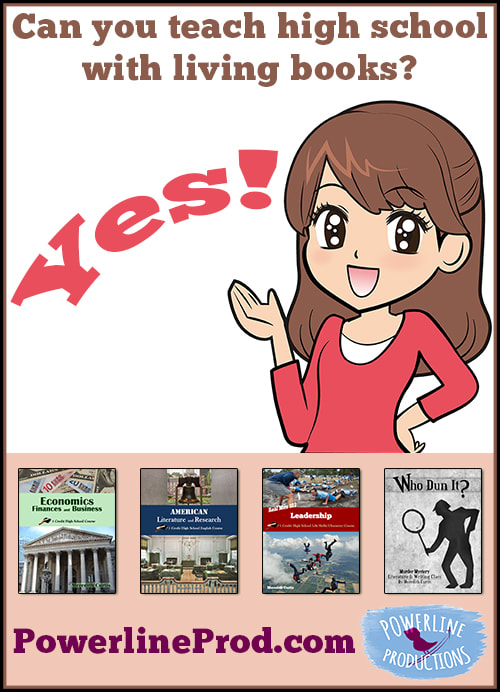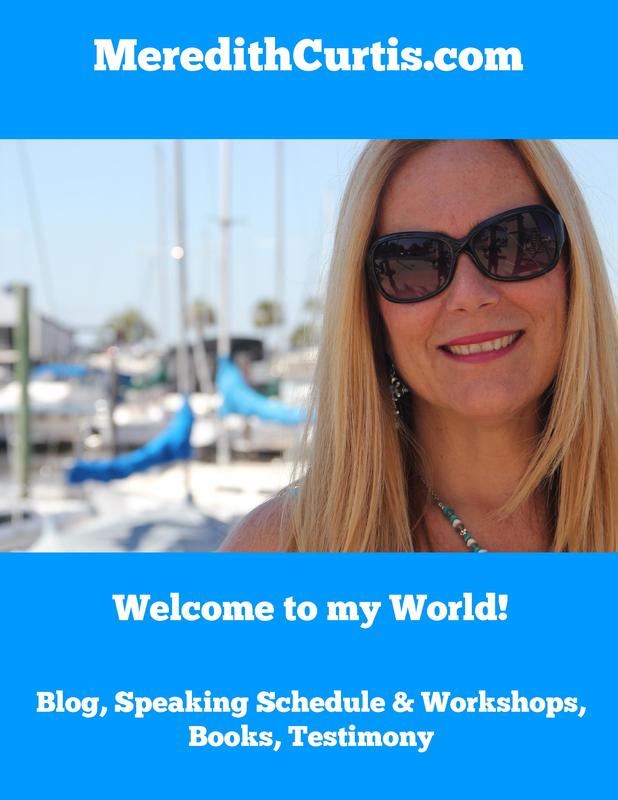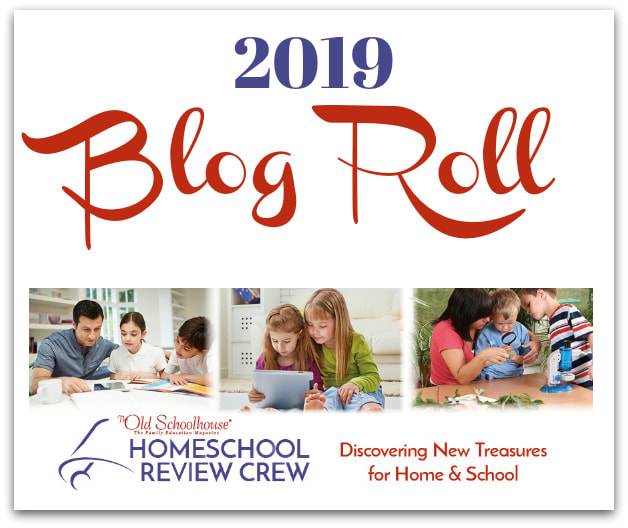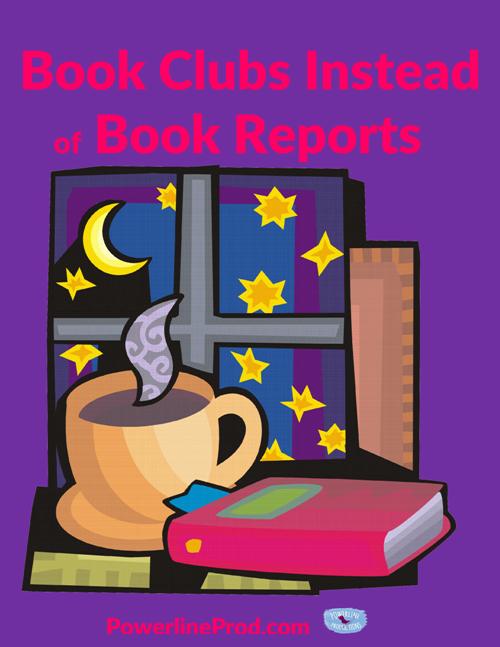 "It's just because you think Robin Hood can do no wrong!" Everyone laughed. We were teasing Victoria who was hotly defending Robin Hood's behavior in The Merry Adventures of Robin Hood. In answer that Robin Hood was a thief, Victoria defending him saying, "He was returned money the government stole from people to the people who were stolen from." There was more laughter and we started discussing some of the other characters. We were enjoying our bimonthly book club, as part of our American Literature and Research class. Our book clubs had included lots of laughter and some emotional moments where tangents took us to emotional issues of our lives or what was going on in the world around us. We compared characters to people we knew, talked about characters we loved, and how we wanted to the ending to be different. As we talk about what we liked and didn't like, plot, tone, mood, setting, worldview, and theme, we found ourselves digging deeper into books than we ever had before. There was just something about talking together that often led to deep analysis. We always had fun together even if we didn't like the book a lot. Book clubs, after all, are friendship builders. Best of all, book clubs actually motivated students to hurry and finish the book so we could all discuss it together. I embraced book clubs over book reports because I wanted to build an enjoyable lifetime habit in my children's lives. I wanted them to read because reading is fun, interesting, entertaining, and a privilege. How Book Clubs WorkBook clubs are like a party with food, talking, and people who like each other. Food helps create an informal, festive atmosphere. We love to drink cappuccino and eat homemade cookies. Or big bowls of popcorn. We all read the book and finish it before we show up. The leader starts by asking a basic question that everyone answers like "Did you like the book and why?" Usually we focus on one element of literature for some time during the book club meeting. For example, we might focus on setting so we take about where and when for awhile and then how the setting relates to the our enjoyment of the book. Often the conversation takes several tangents at this time. These unplanned discussions are the best part of the book club. Here we dig deeper into the story. Alternatives to Book ClubsIf having a book club just won't work for you right now, here are some suggestions to bring book club fun into your homeschooling. Discuss books in homeschool co-op classes and don't forget the snacks. Chat online with others who are reading the same book. Discuss what everyone is reading around the family dinner table. Read a book as a family and discuss the same book around the family dinner table. Questions to Get StartedHere are some questions that can get you started.
Don't forget to embrace tangents. Some of our deepest literature analysis has resulted because of tangents. Curriculum that Uses Book Clubs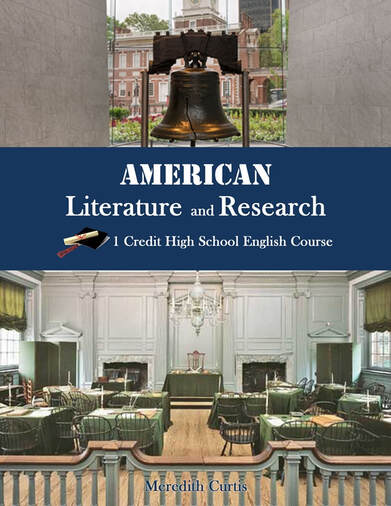 Once I discovered the blessing of book clubs in our home school, I put together curriculum that used book clubs for my children and our homeschool co-op. Now, I've made them all available to you! There are 5 high school English courses that you can enjoy with your teenagers. Read amazing literature, develop writing skills for the real world, and participate in book clubs. If you would like to use my English courses in your own homeschool, they are all available for sale in print at Amazon and as E-books from PayHip and TeachersPayTeachers. You can learn more about all my high school courses here. You can learn about individual English courses from their sale pages below: Communication 101: Essays and Speeches Foundations of Western Literature American Literature & Research British Literature & Writing Who Dun It? Murder Mystery & Writing God bless you in your homeschooling adventure! Warmly, Meredith Curtis
0 Comments
Leave a Reply. |
AuthorsMeredith Curtis Archives
February 2020
Categories
All
|
Powerline Productions
- Home
-
Books
-
Curriculum
- HIS Story of the 20th Century >
-
High School Courses
>
- Economics, Finances, & Business >
- American Literature & Research
- British Literature
- Who-Dun-It Murder Mystery
- Foundations of Western Literature
- Communication 101: Essays & Speeches
- Old Testament Survey
- Worldview: Understand the Times Workbook
- Drama
- Career Choices & the College Decision
- Real Men 101
- Real Men 102
- Real Men 103: Leadership
- God's Girls 101
- God's Girls 103
- God's Girls 104: Motherhood
- God's Girls 105: Homemaking
- Travel God's World Geography >
- Government
- Unit Studies >
- Teach History the Fun Way >
- Families Learn Together American History >
- STEM Notebooking Pages
- Middle School Courses >
-
Bible
- Cozy Mysteries
- Blog
Photos from cloudzilla, Fil.Al, vaniljapulla, m01229, Ian D. Keating, (Imagine) 2.0, Theo Crazzolara, RomitaGirl67, RomitaGirl67, Gonmi, moonlightbulb, RomitaGirl67, Amydeanne, Salva Martinez, Graham Ó Síodhacháin, Ruth and Dave, infomatique, MsSaraKelly, moonrat42, {Guerrilla Futures | Jason Tester}, Monica's Dad, kennethkonica, o palsson, Tourismusregion Katschberg, wuestenigel, COD Newsroom, ANBerlin, Henri Photography, Tourismusregion Katschberg, Corey Ann, *_*, diannlroy.com, Theo Crazzolara, DaPuglet, terren in Virginia, George M. Groutas, Bunches and Bits {Karina}, Anders Ruff Custom Designs, ¥§•ªˆ¨ˇ© LOVE © ˇ¨ˆª•§¥, srqpix, inkknife_2000 (8 million views +), judy dean, ANBerlin, Phil Roeder, Base Camp Baker, Anders Ruff Custom Designs
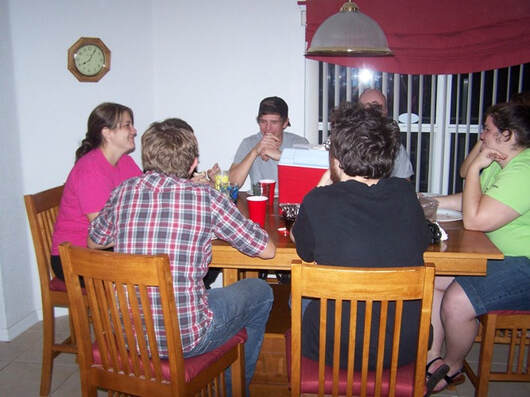
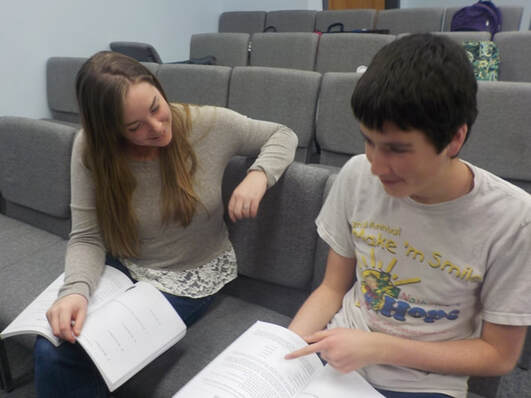

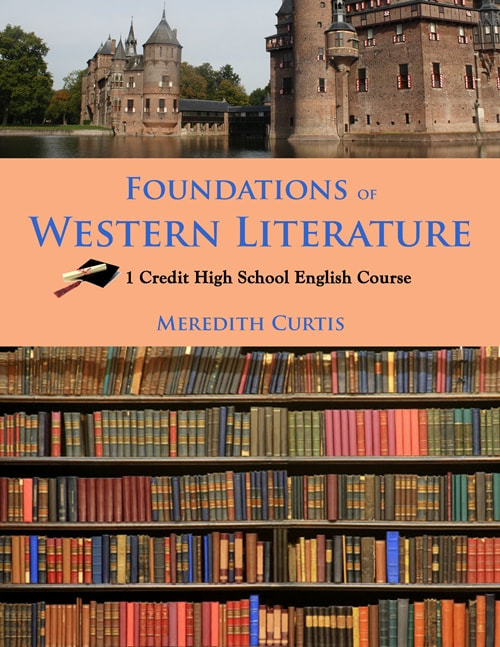
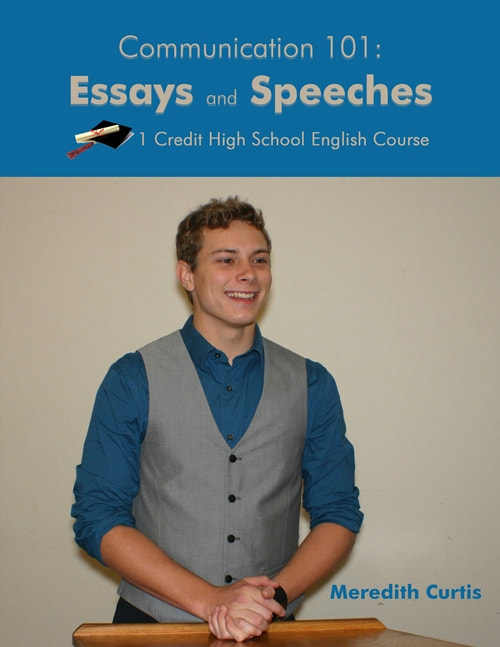
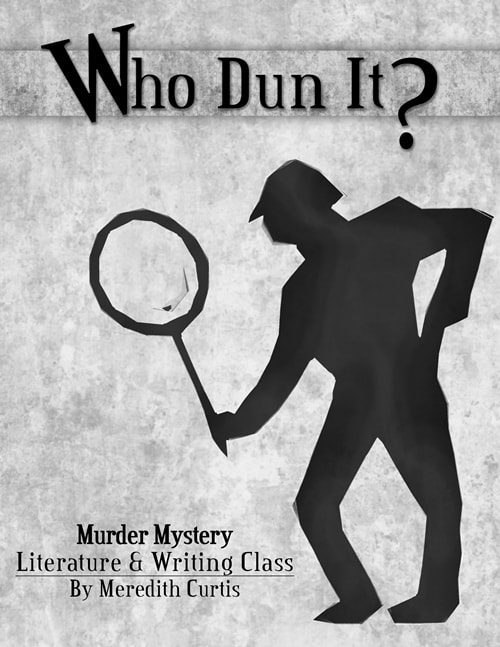
 RSS Feed
RSS Feed


